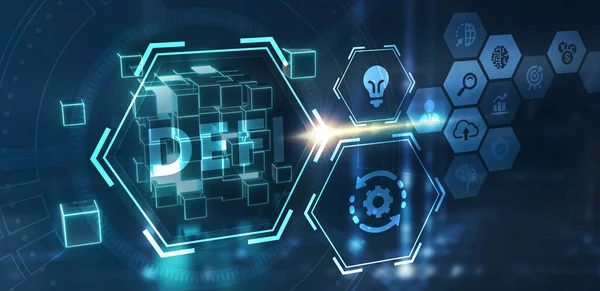Decentralized Finance (DeFi) is revolutionizing the financial sector by creating an open and accessible financial system using blockchain technology. It offers a promising alternative to traditional banking, eliminating intermediaries and enabling individuals to control their financial destiny. Early-stage investors such as Blockchain Founders Fund, Coinbase Ventures, ParaFi Capital, and Framework Ventures are actively shaping the DeFi landscape by fostering innovative DeFi startups.
1. Understanding DeFi
DeFi stands for “Decentralized Finance”. It’s a term used to describe the use of blockchain technology, specifically cryptocurrencies and smart contracts, to recreate and improve upon traditional financial systems. The central idea is to create an open and permissionless financial system where anyone with an internet connection can participate, without needing to trust intermediaries like banks or credit card companies.
2. Key DeFi Concepts
Several key concepts underpin DeFi:
- Smart Contracts: These are self-executing contracts with the terms of the agreement directly written into code. They form the backbone of DeFi, enabling the creation of decentralized applications (dApps) that perform financial functions.
- Liquidity Pools: DeFi users can provide their assets to liquidity pools, which are then used to facilitate activities like lending or swapping tokens. In return, users earn fees or interest.
- Yield Farming: This is a way for crypto holders to earn rewards by lending or staking their assets in a DeFi protocol. The earnings, or ‘yield’, come from transaction fees or rewards distributed by the protocol.
3. Potential of DeFi
DeFi has the potential to democratize access to financial services, particularly for unbanked or underbanked populations. It can also offer greater transparency, improved security, and higher efficiency compared to traditional financial systems.
4. Risks of DeFi
While DeFi holds great promise, it also comes with risks. These include smart contract bugs, platform insolvencies, and more complex systemic risks. As such, it’s important for individuals to understand and carefully consider these risks before engaging with DeFi.
DeFi represents a transformative shift in the way we interact with financial services. By leveraging blockchain technology, it enables a more open and inclusive financial system. As this ecosystem continues to grow and mature, the support and guidance of organizations like Blockchain Founders Fund will be integral to the development and success of DeFi.



